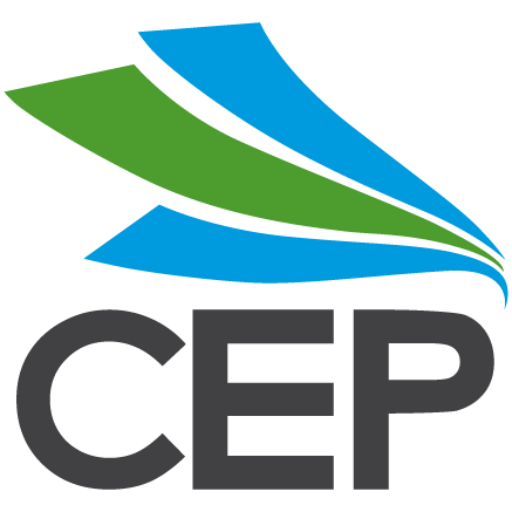World’s biggest renewable farm, Offset integrity hurting market and Credit agencies wising up
In this issue:
Australia 40% renewable
While they still have a bit of catching up to do, it seems Australia is really getting on board with renewable energy. The latest report from the Clean Energy Council indicates renewables made up nearly 40% of energy supply in 2023, up from 17% in 2017. Rooftop solar is the biggest contributor to the growth hitting 28.5% of the mix.
World’s biggest renewables project five times the size of Paris
Adani Green Energy in India has announced the world’s biggest renewable energy plant capable of powering 16 million homes. The 500 square kilometre, 30GW plant will be sited in Gujrat on barren land and will combine wind and solar generation. It is expected to be completed in around 5 years.
Rating agencies getting on board
A new report from the Institute for Energy Economics and Financial Analysis informs us credit rating agencies are starting to take exposure to fossil fuels seriously when assessing their ratings for companies. The three major agencies, S&P, Moody’s and Fitch are now rating exposures to coal as credit negative and oil and gas exposures as carrying numerous risks that has moved them firmly away from credit positive assessments, towards being risky investments.
Doubt over credit integrity holding back the market
A new report from We Mean Business Coalition indicates 78% of companies not already using carbon offsets would not consider doing so, citing questions over integrity as the main reason for holding back. If improved standards were in place, that number would drop to 50%. The survey covered 180 companies across 27 countries and also reveals those who do participate in carbon markets would increase involvement, on average 10%, if standards were stronger.
A new era of geothermal
That’s what’s promised by Quaise Energy, an MIT spin-off which is aiming to dig 20 kilometres into the Earth’s core. At that depth temperatures are 500C. The claim is that this “deep geothermal” harvesting will generate ten times more output than conventional geothermal and use 1% of the land of other renewables. The deepest hole to date is 12.6Kms and took 20 years to drill. Quaise intends digging using lasers to vaporise rock allowing the deeper dig and much more quickly.
Oil firms falling short again
The latest Carbon Tracker report finds none of the world’s top 25 listed oil and gas companies is planning to diversify in a way consistent with Paris targets. Leading the rogues gallery is ConocoPhillips, which is planning a 47% expansion of oil and gas production by the end of the decade. The highest ranked company for alignment with Paris targets was bp, although even they managed only a D grade.

